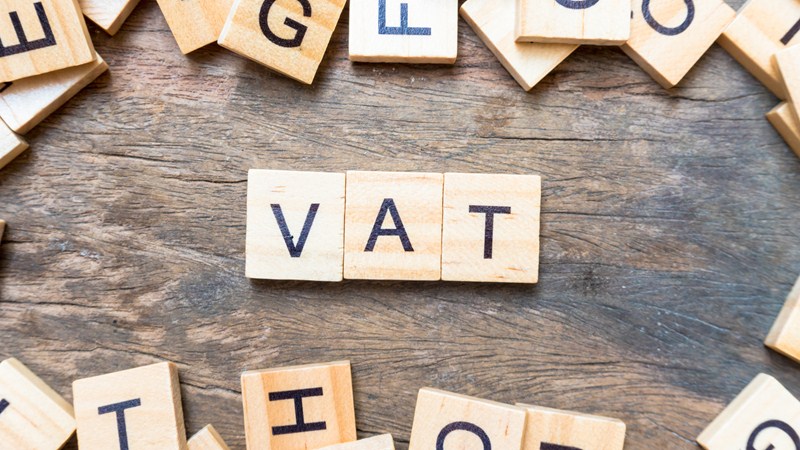The process for working out the VAT treatment of delivery charges can be quite complex.
We have listed below some of the main issues to bear in mind when deciding whether or not VAT needs to be applied.
- No charge for delivery. HMRC’s guidance is clear that if delivery is free, or the cost is built into the normal sales price, VAT is accounted for on the value of the goods based on the liability of the goods themselves. This applies whether or not delivery is required under the contract.
- Goods on approval. Where you are delivering goods on approval this service is not classed as delivered goods. In this case, the delivery service is a separate VATable supply.
- Additional charge for delivery. There is a single supply of delivered goods for which the VAT liability is based on the VAT liability of the goods.
- Delivery is not required. If delivery is not included in a contract to supply goods, then the delivery charge is liable to VAT at the standard rate irrespective of the VAT liability of the goods supplied. This assumes the delivery is within the UK.
- Separate charge for packing. A separate packing service for which a charge is made will be standard-rated within the UK.
- Food deliveries. The rules as to whether VAT is payable on delivery charges for food follows the VAT liability of the food. For example, the supply of hot takeaway food is usually standard-rated for VAT and a delivery charge would also be subject to VAT.
Where there is a mix of zero-rated and standard-rated items delivered, or where goods are delivered internationally, the situation can be more complex and further attention may be required.
Source: HM Revenue & Customs Wed, 09 Dec 2020 00:00:00 +0100



